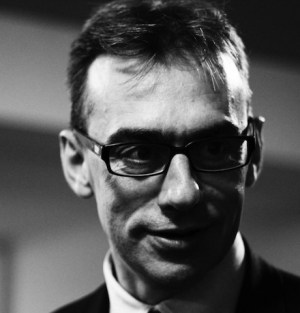Afficher les éléments par tag : Benedict XVI
Benedict XVI: The Post-Modern Pope
This truly post-modern pontificate could not have finished on a more coherent note, with Benedict XVI announcing resignation on 11 February 2013, only two months after his decision to join twitter. In the last decades, the age of spectacular contradictions and narcissistic stars, of nostalgic purists and charismatic visionaries, of gentle wolves and bullying lambs, has dramatically challenged the Papacy.
Joseph Ratzinger has relied on the unbending and invariable faith of the Church to face the storm: doctrinal solidity has been his asset first as an emerging theologian and bishop, then, from 1981 to 2005, as the relentless defensor fidei in his capacity as the Prefect of the Congregation for the Doctrine of the Faith; and finally, as Pope Benedict XVI, the re-evangelizer of Europe in the name of faith and reason. Since his early years, back to basics was Joseph Ratzinger’s recipe, against the background of a world, and a Church, going crazily secular. Good theology teaches that human failures are the inevitable consequence of the original sin; without Christ, and his Church, they cannot be endured, indeed they have no sense.
Informations supplémentaires
- Auteur Marco Ventura






 MangoGem
MangoGem